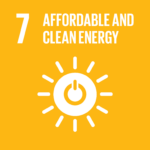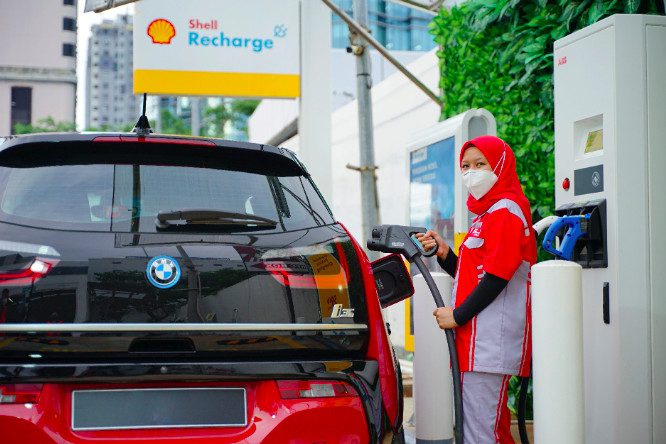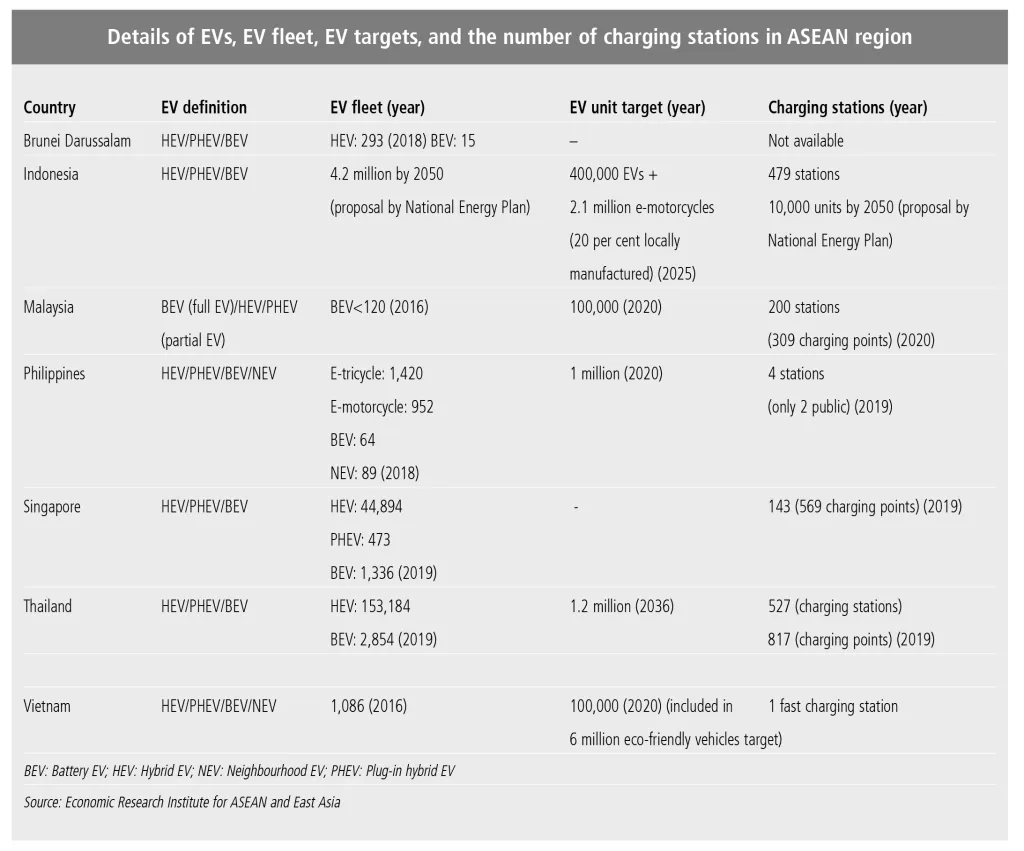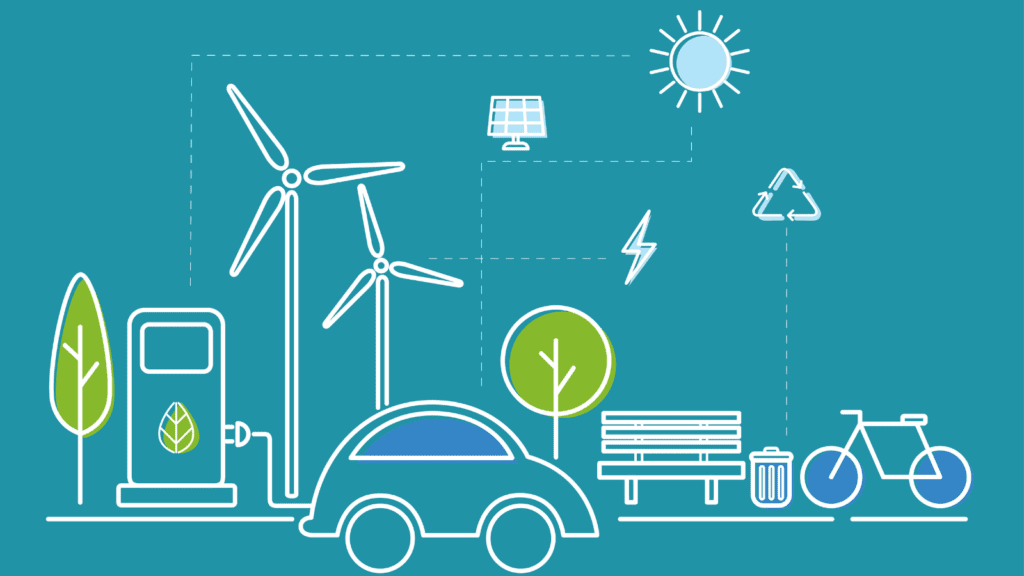An innovative attempt to validate an alternative to conventional recycling, which transformed over a thousand electric vehicle (EV) batteries into solar power storage units.
A startup, B2U Storage Solutions, has developed an alternative to the challenging task of recycling electric vehicle batteries by utilizing them for solar power storage. The company’s innovative solution generated revenue exceeding $1 million last year. According to Axios, the use of repurposed EV batteries in solar storage is less taxing since it requires lower voltage than for EVs, making them reusable for an extended period. The environmental impact of batteries is considerable due to the mining and manufacturing of their components. However, innovative measures like B2U’s could aid in reducing their ecological footprint.
RELEVANT SUSTAINABLE GOALS



EV batteries’ bright future in solar
B2U Storage Solutions has turned more than a thousand electric vehicle (EV) batteries into solar power storage capsules, in an intriguing effort to prove out an alternative to traditional recycling. Repurposing old EV batteries can maximize their lifetime use, thus squeezing more benefit out of each battery made. Energy storage can help alleviate solar energy’s intermittency problem — meaning, batteries can store solar power to be used when the sun isn’t shining.
B2U’s Sierra facility has reached 25MWh of solar storage capacity using second-life EV batteries from Honda and Nissan. During the day, the Lancaster, Calif. facility’s batteries are charged up by nearby solar panels. The company then sells power back to the grid at night, when the rates for solar power are higher. The facility generated more than $1 million in revenue last year, the company says.
Capturing growth in Southeast Asia’s emerging EV ecosystem
The potential for EV (electric vehicle) growth in Asia is significant due to several factors, including government policies promoting EV adoption, increasing concerns about air pollution and climate change, and a growing middle class with greater purchasing power. China is currently the largest market for EVs in Asia, followed by Japan and South Korea. However, other countries in the region, such as India and Southeast Asian nations, are also expected to see substantial growth in the EV market in the coming years.

According to the International Renewable Energy Agency, 20 percent of all vehicles in the region will be electric by 2025, and there is even more potential for growth considering the region’s total population of more than 680 million people and burgeoning middle class. Southeast Asian countries are taking notable steps to establish their domestic industries as an essential part of the EV ecosystem by developing materials that support supply chain resilience and implementing economic policies to facilitate domestic adoption.
The Sixth ASEAN Energy Outlook (AEO6), released in 2020, reported that ASEAN’s total final energy consumption is expected to increase by 146 percent by 2040, partially driven by increased demand in transport. However, energy demand in the transport sector under a model scenario where ASEAN member states’ national climate targets were achieved would decrease by 18 percent, resulting from the promotion of EVs

In Southeast Asia, the major obstacle to the expansion of the EV industry is the inadequate charging infrastructure and the dependence on fossil fuels for a stable electricity grid. Nevertheless, several countries are making strides in increasing the number of charging points accessible to the public. As inflation and commodity prices escalate, putting political and economic stability in the region at risk, Southeast Asian nations must take action to enhance their energy security, with EVs serving as a possible solution.
You may also be interested in :
The Indonesian Innovators Taking On Climate Change – Photo Story


